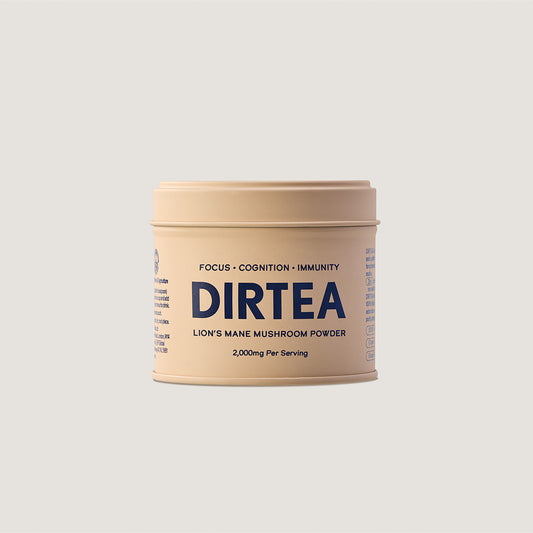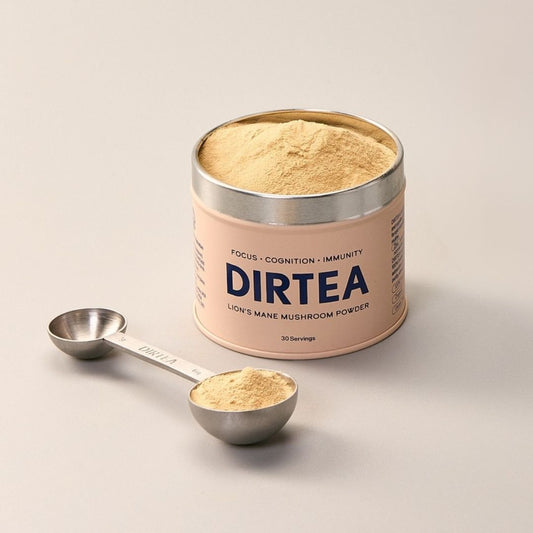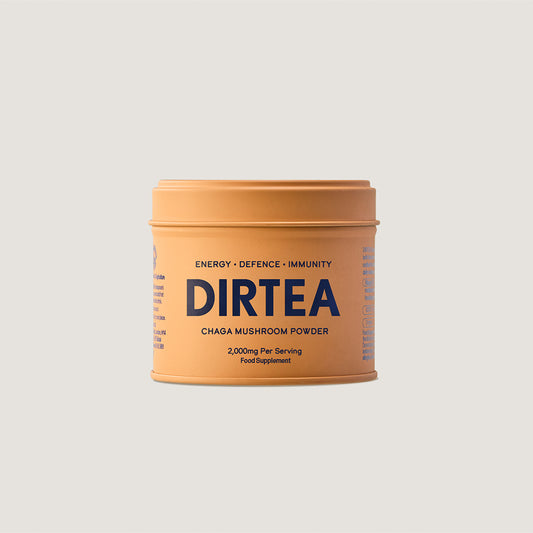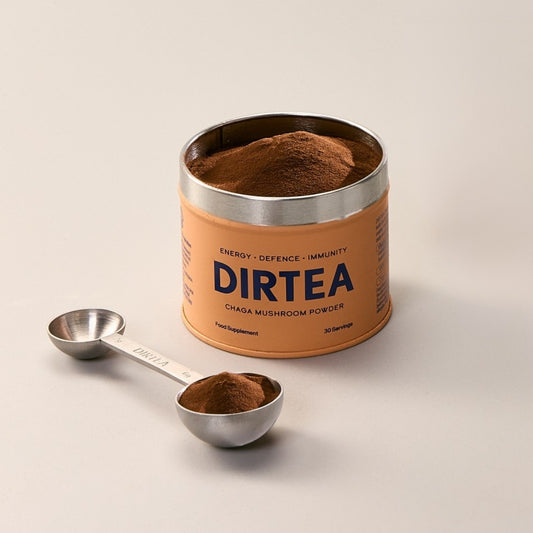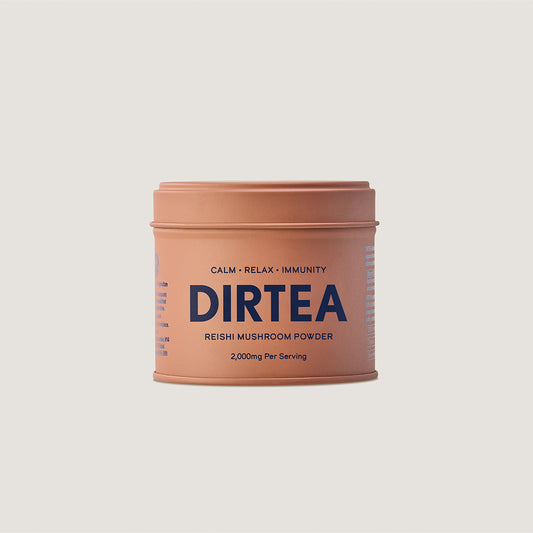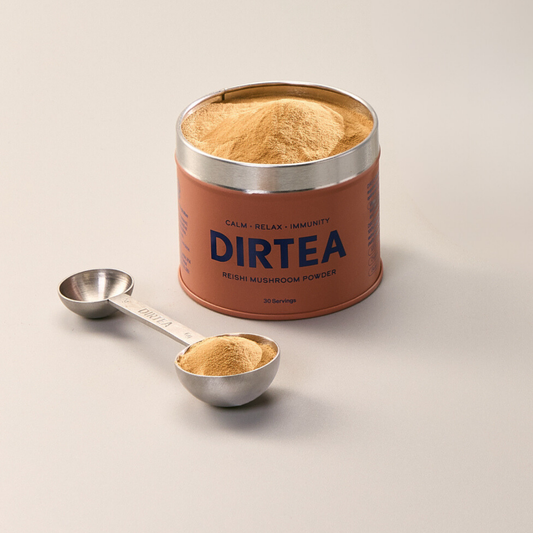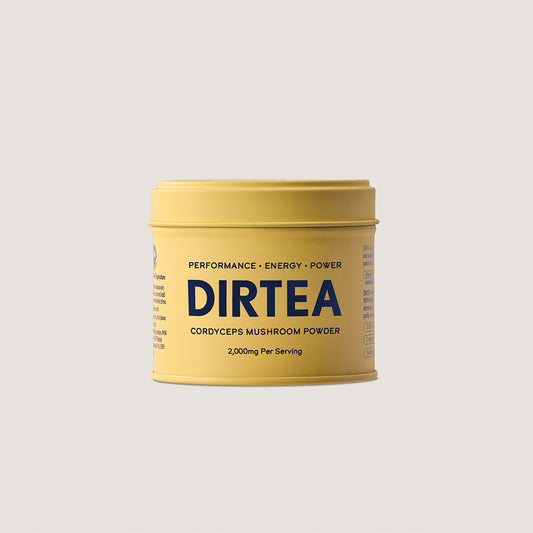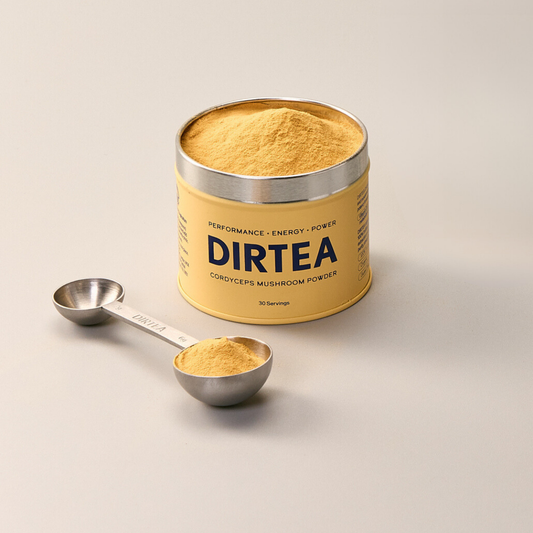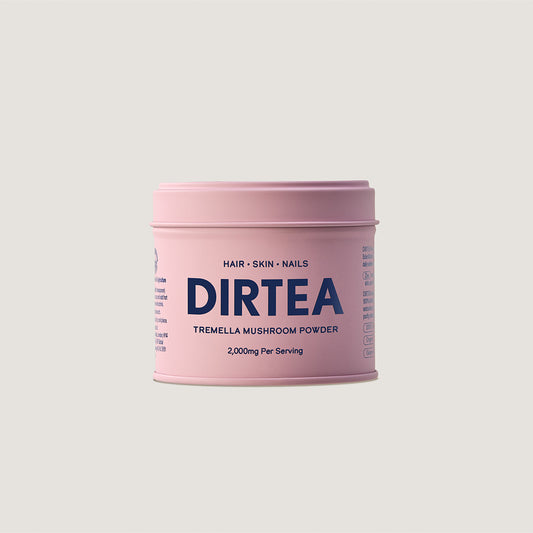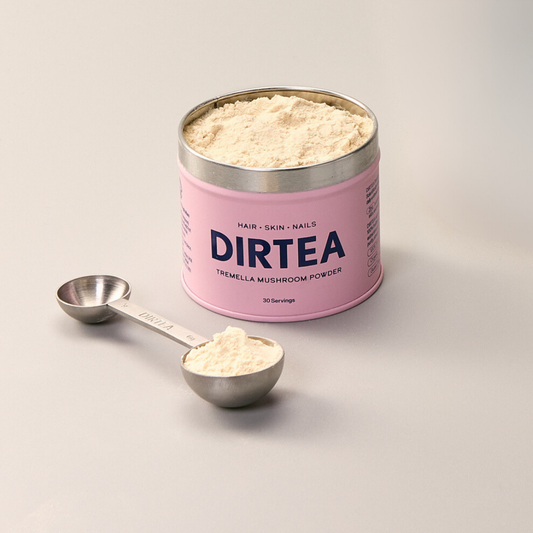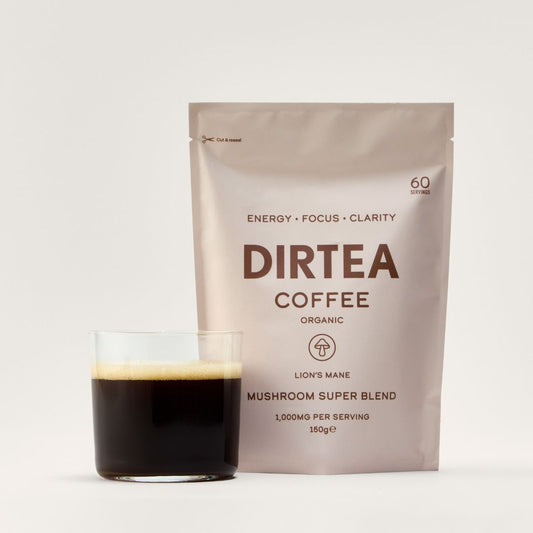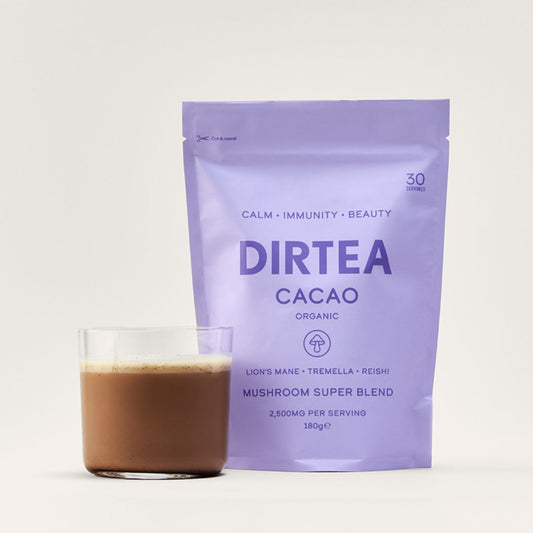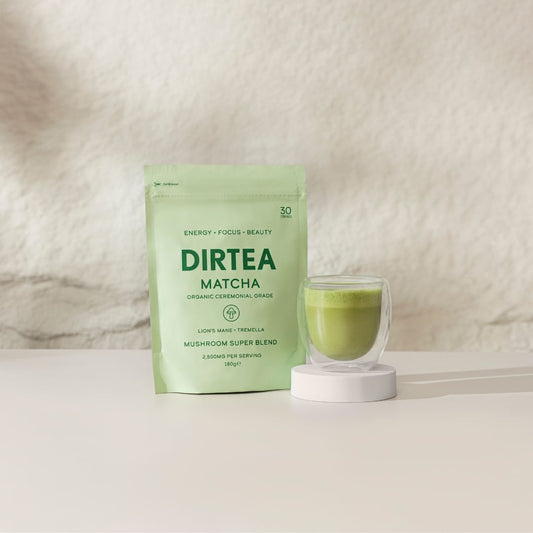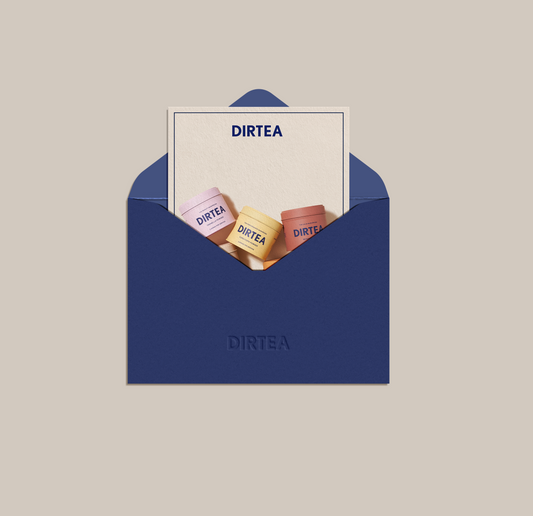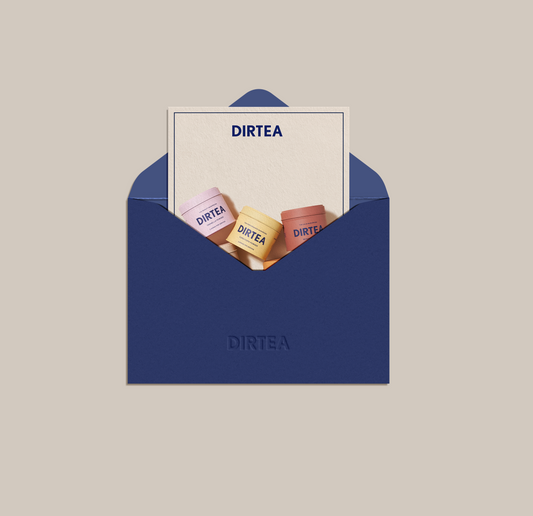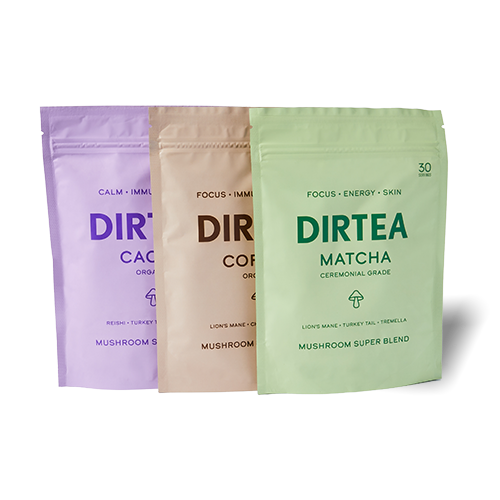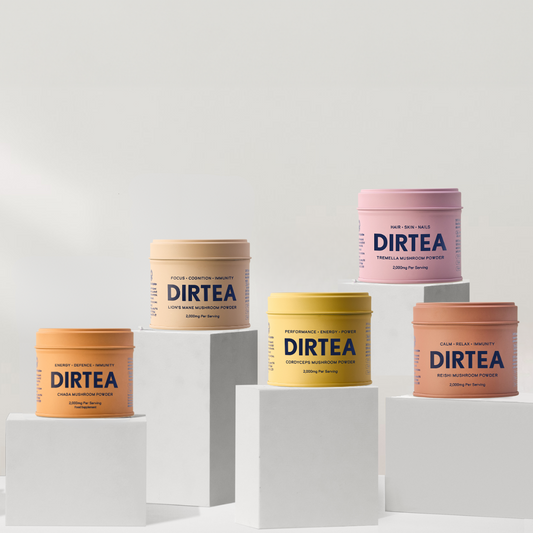Adaptogens vs Nootropics: The Difference Between Stress-Busters and Brain-Boosters

Share
The Two Types of Brain Supplements Everyone's Talking About
Walk into any health store and you'll see shelves packed with supplements promising to boost your brain or help you handle stress better. Adaptogens and nootropics have become the latest wellness buzzwords, often used interchangeably as if they're the same thing. But they're not.
Both can help your brain function better, and both come from natural sources, but they work in completely different ways. Think of adaptogens as your stress management team, helping your body handle whatever life throws at it. Nootropics, on the other hand, are like personal trainers for your brain, specifically focused on making you mentally sharper.
The confusion makes sense because some ingredients (hello, Lion's Mane) can actually do both jobs. But understanding the difference helps you figure out whether you need help managing stress, boosting brain power, or both.
Adaptogens: Your Body's Stress Response Team
Adaptogens are basically nature's chill pills, but way more sophisticated. The term was coined by a Russian scientist in the 1940s who was studying how certain plants helped people handle stress better. These aren't substances that knock you out or make you feel artificially calm, they help your body find its natural balance when things get hectic.
How They Work
Adaptogens target your HPA axis (hypothalamic-pituitary-adrenal axis)—the system that controls your stress response. When you're stressed, this system pumps out cortisol and adrenaline. That's fine for occasional "oh crap" moments, but when it's constantly activated by modern life, you end up feeling wired, tired, and generally rubbish.
Adaptogens help regulate this whole system, so instead of your stress response being an on/off switch, it becomes more like a dimmer. You can handle challenges without your nervous system acting like everything is a life-or-death emergency.
What Adaptogens Can Do for You
- Better stress resilience: Handle pressure without feeling completely overwhelmed
- Improved sleep quality: Less tossing and turning when your mind won't switch off
- More stable energy: Fewer dramatic ups and downs throughout the day
- Stronger immune function: Less likely to get run down when life gets intense
- Balanced mood: Less likely to snap at people when you're stressed
Star Players in the Adaptogen World
Ashwagandha: The stress-buster with serious scientific backing. Clinical studies show it can reduce cortisol levels by up to 30% and significantly improve how people handle stress. It's particularly good for the wired-but-tired feeling.
Reishi Mushroom: Called the "mushroom of immortality" (no pressure), Reishi is excellent for promoting calm and better sleep. DIRTEA's Reishi powder is perfect for evening routines when you need to wind down from a hectic day.
Rhodiola: Brilliant for mental fatigue and maintaining performance when you're under pressure. Popular with students during exam periods and anyone dealing with high-stress work situations.
Nootropics: Brain Training in a Cup
Nootropics get their name from Greek words meaning "mind-turning," which sounds a bit dramatic but is actually quite accurate. These are substances specifically designed to enhance cognitive function: memory, focus, creativity, and mental processing speed.
The Brain-Boosting Mechanisms
Unlike adaptogens that work on your stress system, nootropics target your brain directly. They might increase blood flow to your brain, boost neurotransmitter production, or protect brain cells from damage. Some work immediately (you'll notice effects within hours), while others build benefits over time.
The key difference is specificity. Whilst adaptogens help your whole body handle stress better, nootropics are laser-focused on making your brain work more efficiently.
What Nootropics Can Do For You
- Sharper memory: Better at remembering where you put your keys (and more important things)
- Improved focus: Fewer "wait, what was I doing?" moments
- Mental clarity: Less brain fog, more clear thinking
- Enhanced learning: Picking up new information and skills more easily
- Creative thinking: Better at connecting ideas and solving problems
Natural Nootropic Champions
Lion's Mane Mushroom: The star of the natural nootropic world. Lion's Mane contains compounds called hericenones and erinacines that can cross the blood-brain barrier and support nerve growth factor production. Basically, it helps your brain grow new connections and maintain the ones you have.
DIRTEA's Lion's Mane powder provides 2,000mg per serving, which is a substantial amount that research shows can make a real difference to cognitive function. Perfect for morning focus-boosting smoothies or stirred into coffee.
L-Theanine: Found in green tea, this creates "calm alertness"—you feel focused but not jittery. It's why tea doesn't give you the caffeine crash that coffee sometimes does.
Bacopa Monnieri: Traditional herb that's particularly good for memory formation and recall. Students love it, and research backs up its effects on learning.
Here’s the Headline: Some Do Both Jobs
Here's where it gets interesting—some natural compounds can be both adaptogenic and nootropic. They help with stress AND boost brain function. It's like getting a two-for-one deal from nature.
Lion's Mane: The Overachiever
Lion's Mane is primarily known as a nootropic because of its direct effects on brain health and cognitive function. But it also helps reduce anxiety and supports overall stress resilience, giving it adaptogenic qualities too. This dual action makes it incredibly popular because you get brain benefits plus stress support.
Other Double-Duty Compounds
Ashwagandha: Primarily adaptogenic, but studies also show it can improve memory and processing speed, especially in people who are stressed (which is most of us).
Rhodiola: Excellent adaptogen that also has nootropic effects, particularly for maintaining mental performance under pressure.
Bacopa Monnieri: Known for memory benefits, but also helps the body adapt to stress.
So Which One Do You Actually Need?
The honest answer depends on what you're dealing with right now.
Choose Adaptogens If You're...
- Feeling constantly stressed or overwhelmed
- Having trouble sleeping because your mind won't switch off
- Getting sick more often than usual
- Experiencing energy crashes during the day
- Feeling emotionally reactive or easily irritated
Choose Nootropics If You Want To...
- Improve focus and concentration for work or study
- Enhance memory and learning ability
- Reduce brain fog and mental fatigue
- Boost creativity and problem-solving
- Support long-term brain health
Choose Both If You're...
- A student dealing with exam stress (stress management + cognitive enhancement)
- Working in a demanding job that requires mental performance under pressure
- Looking for comprehensive brain health support
- Interested in compounds like Lion's Mane that offer multiple benefits
How to Use Adaptogens and Nootropics
Quality Matters More Than Quantity
Whether you're choosing adaptogens or nootropics, quality is crucial. Look for:
- Organic certification to avoid pesticides and chemicals
- Third-party testing for purity and potency
- Proper extraction methods (dual extraction for mushrooms gives you the full spectrum of compounds)
- Transparent labelling that tells you exactly what you're getting
Consistency Beats Intensity
Both adaptogens and nootropics work best with regular use rather than occasional high doses. Think of them as building blocks for better brain health rather than quick fixes. Most people notice benefits within 2-4 weeks of consistent daily use.
Start Simple, Then Stack
Don't try to take everything at once. Start with one high-quality product and see how your body responds. Once you've found what works, you can consider combining different compounds for enhanced effects.
Ready to Give Them a Try?
If you're curious about experiencing the benefits of adaptogens and nootropics for yourself, DIRTEA's functional mushroom range offers high-quality, organic options that are perfect for beginners and experienced users alike.
For stress management and adaptogenic support, DIRTEA Reishi is an excellent starting point. Known as the "calming mushroom," it's ideal for evening routines and helps promote better sleep and stress resilience.
For cognitive enhancement and nootropic benefits, DIRTEA Lion's Mane is the go-to choice. With 2,000mg per serving of pure Lion's Mane extract, it provides substantial support for memory, focus, and overall brain health.
Want the best of both worlds? DIRTEA's Coffee Super Blend combines Lion's Mane, ashwagandha, and other functional ingredients for comprehensive cognitive and stress support in your daily coffee routine.
New to functional mushrooms?
We recommend starting with DIRTEA’s Nootropic Coffee Recipe - it's a delicious, approachable way to experience the benefits without any "earthy" mushroom taste that puts some people off. Plus, you'll get to see how these ingredients work together in a format that feels familiar and comforting.
References
-
Chandrasekhar, K., Kapoor, J., & Anishetty, S. (2012). A prospective, randomized double-blind, placebo-controlled study of safety and efficacy of a high-concentration full-spectrum extract of ashwagandha root in reducing stress and anxiety in adults. Indian Journal of Psychological Medicine, 34(3), 255-262. https://pmc.ncbi.nlm.nih.gov/articles/PMC3573577/
-
Lai, P. L., Naidu, M., Sabaratnam, V., et al. (2013). Neurotrophic properties of the Lion's mane medicinal mushroom, Hericium erinaceus from Malaysia. International Journal of Medicinal Mushrooms, 15(6), 539-554. https://pubmed.ncbi.nlm.nih.gov/24266378/
-
Panossian, A., & Wikman, G. (2010). Effects of Adaptogens on the Central Nervous System and the Molecular Mechanisms Associated with Their Stress—Protective Activity. Pharmaceuticals, 3(1), 188-224. https://pmc.ncbi.nlm.nih.gov/articles/PMC3991026/
-
Salve, J., Pate, S., Debnath, K., & Langade, D. (2019). Adaptogenic and Anxiolytic Effects of Ashwagandha Root Extract in Healthy Adults. Cureus, 11(12), e6466. https://pmc.ncbi.nlm.nih.gov/articles/PMC6979308/
